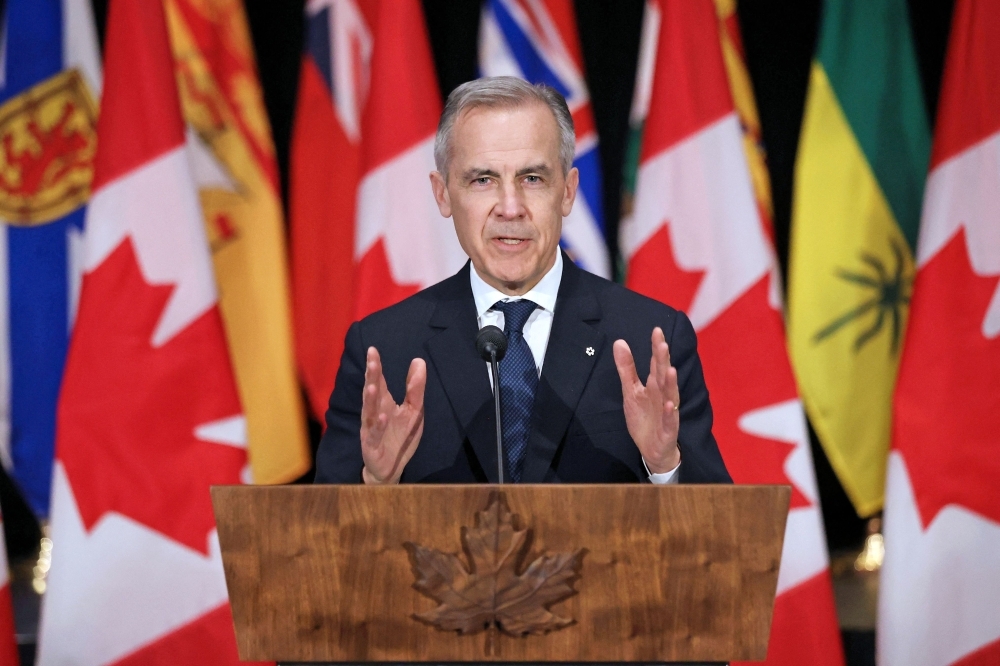Canada will take retaliatory trade measures if U.S. President Donald Trump follows through on his plan to impose 25% tariffs on imported cars and light trucks, Prime Minister Mark Carney said Thursday.
Speaking at a news conference, Carney said he had yet to determine specific countermeasures but vowed to implement actions that would “have maximum impact in the United States and minimum impacts here in Canada.” He plans to announce Canada’s response next week when the tariffs are set to take effect.
The proposed tariffs have triggered global backlash. European leaders, including German Chancellor Olaf Scholz, warned of economic consequences, while France’s finance minister called for the European Union to impose its own trade penalties.
The tariffs could raise vehicle prices in the U.S. by thousands of dollars, contradicting Trump’s pledge to lower consumer costs. Ferrari has already announced price hikes of up to 10%, while other automakers warned of similar increases and potential job losses at dealerships.
Stock markets reacted negatively to the news. Shares of General Motors and Ford fell 7% and 3.9%, respectively, while auto parts manufacturers also saw declines. Tesla, which produces most of its vehicles domestically, edged up slightly. Analysts at JP Morgan estimated that the tariffs could increase new car prices by $4,000 to $5,300.
Carney acknowledged that Canada’s reliance on the U.S. for vehicle exports—worth $51 billion in 2023, with 93% going south of the border—made the situation challenging. Still, he said Canada would work to diversify its economy and reduce dependence on its largest trading partner.
Meanwhile, Britain sought an exemption from the tariffs but threatened to reevaluate subsidies given to Tesla, whose CEO, Elon Musk, serves as a key Trump adviser. Canada has already frozen rebate payments to the automaker.
Critics argue that the tariffs will harm economic growth rather than boost domestic manufacturing. “None of this leads to more jobs or better wages. It leads to sluggish sales, costlier credit, and potential layoffs—exactly what a fragile economy doesn’t need,” said Nigel Green, CEO of global financial advisory firm deVere Group.

